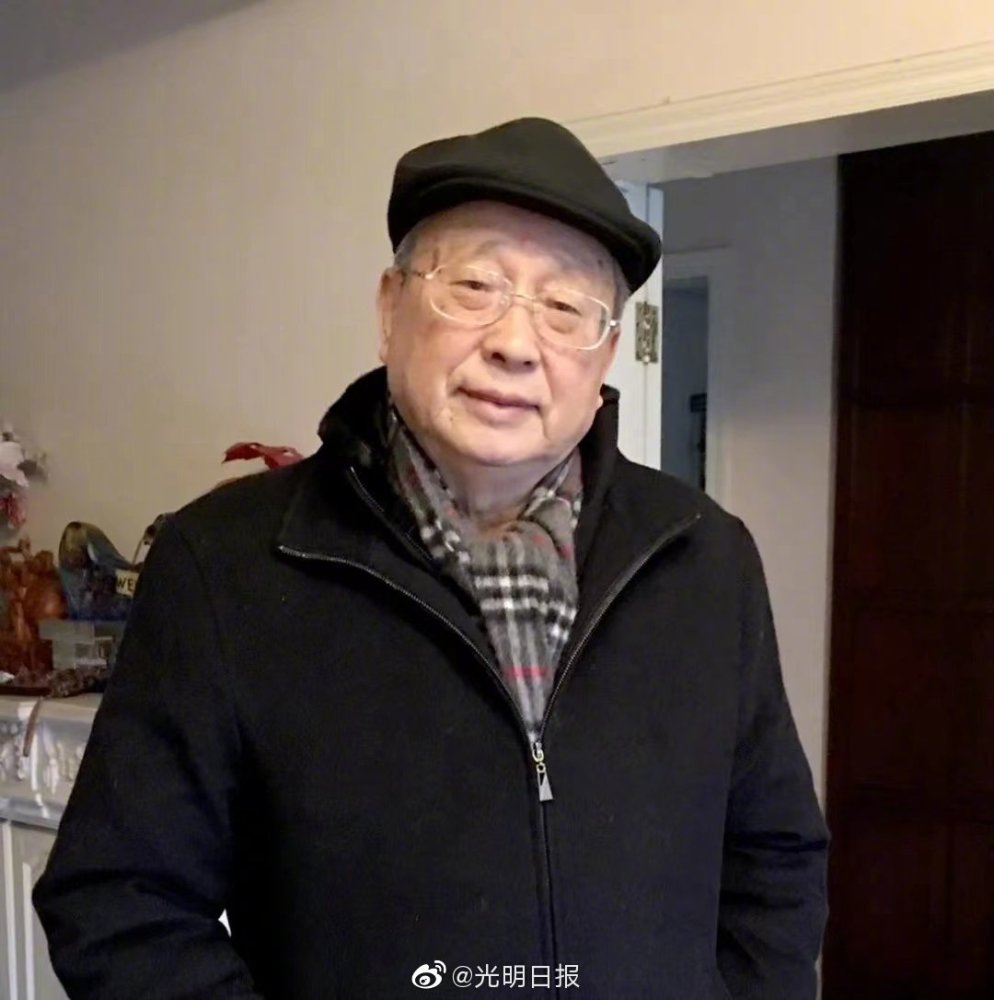
Li Sanli, computer expert, academician of the Chinese Academy of Engineering, and professor of Tsinghua University. Picture of this article @ Guangming Daily
Li Sanli, a computer expert, academician of the Chinese Academy of Engineering and professor at Tsinghua University, died in Beijing on April 23, 2022, at the age of 87 due to ineffective medical treatment.
Li Sanli, born in Shanghai on August 24, 1935, graduated from Tsinghua University in 1955. In 1960, he received his Ph.D. from the Institute of Computing Technology of the USSR Academy of Sciences. He was a professor at Tsinghua University, dean of the School of Computer Science at Shanghai University, chief scientist of the National Climbing Program, convener of the Computer Science Review Group of the Degree Committee of the State Council, and chairman of the IEEE China Branch (95/96). In 1995, he was elected as an academician of the Chinese Academy of Engineering.
Li Sanli was responsible for the development of four generations of mainland electron tubes, transistors, LSI and VLSI computers, of which the 724 machine was the largest computer used in the country's cutting-edge science and technology in the mainland universities in the 1970s; the grating NUMERICAL control computer 102 machine for processing important components increased the precision processing efficiency by dozens of times, had high social and economic benefits, and enabled the mainland to enter the international advanced ranks at that time in this field. Since the 1980s, as one of the pioneers and academic leaders in mainland China, he has made important contributions in the research fields of microcomputer architecture, local networks, RISCs and instruction-level parallel processing. In recent years, two of the supercomputers he has been responsible for developing have entered the world's top 500 supercomputers - "Deep Super-21C" (2003, 146th) and "Self-Improvement 3000" (2004, 126th).
Li Sanli often teaches students that if you want to do a good job, it is difficult to succeed without seizing the time and devoting yourself to it.